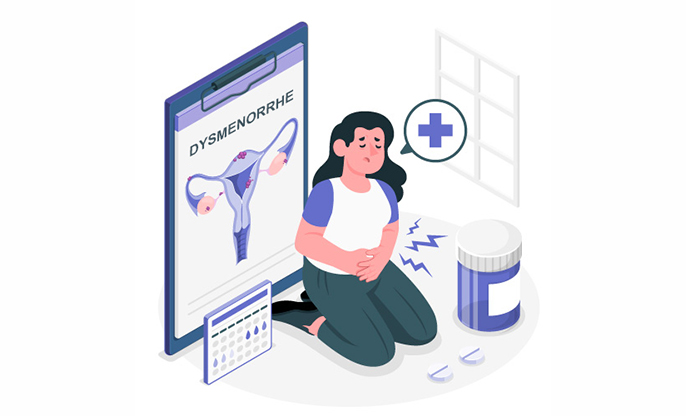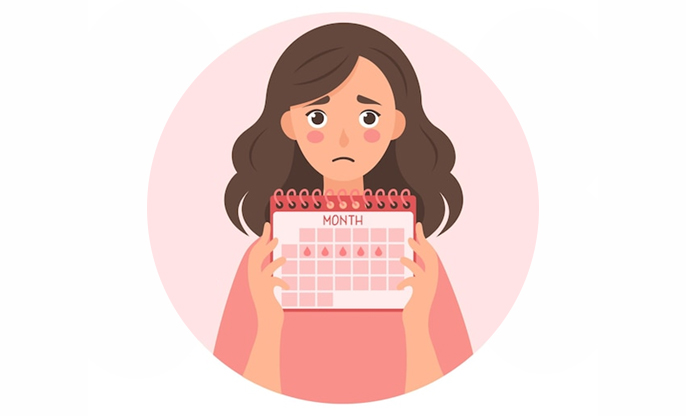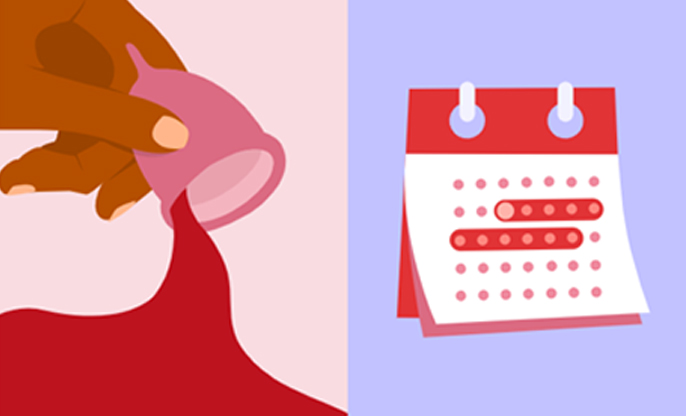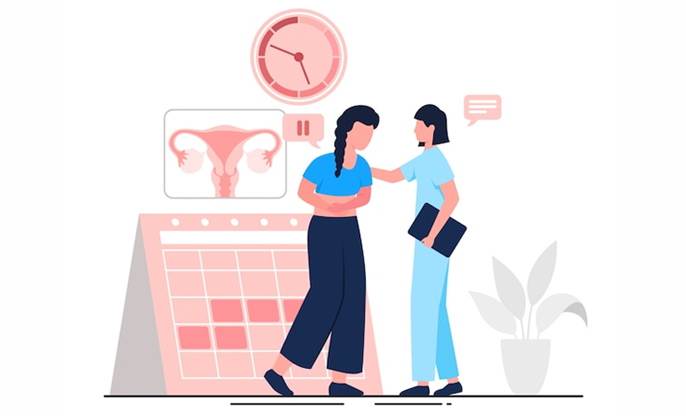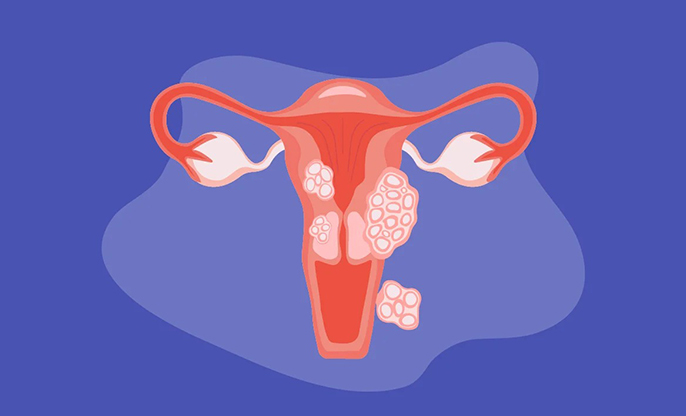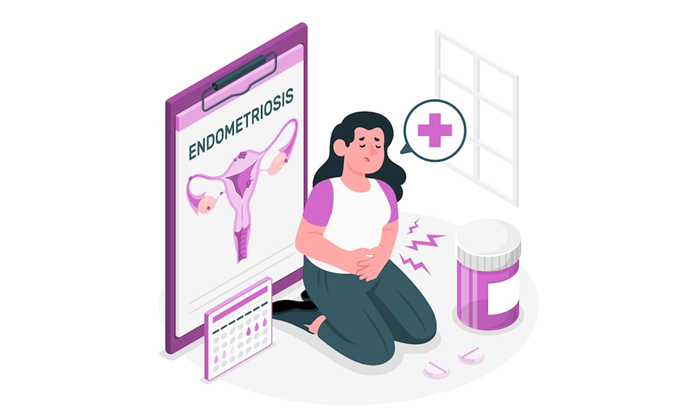
Its Impact on
Menstruation, Fertility, and Your Treatment Options
Endometriosis is a chronic condition that touches about 10% of us during our reproductive years. It happens when tissue similar to the uterine lining grows outside the uterus, often affecting other reproductive organs in the pelvis or abdominal area. Each month, this tissue behaves just like the lining inside your uterus - it builds up, breaks down, and tries to shed. But, with nowhere to go, this displaced tissue can lead to intense pain, inflammation, and scar tissue. Recognizing how endometriosis affects menstruation and fertility, and knowing your treatment options, is crucial for managing this painful condition.
Symptoms You
Might Experience
Endometriosis brings a range of symptoms, but here are
some common ones:
● Pelvic Pain: This is most
intense during your period and can be more severe than typical menstrual
cramps. It might also happen during intercourse.
● Menstrual Irregularities: You
might notice unusually heavy periods or bleeding between periods.
● Infertility: Unfortunately,
endometriosis is a common factor behind fertility challenges, found in 30-50%
of women facing such issues.
● Other symptoms include painful bowel movements or urination, exhaustion, diarrhea, constipation, and nausea, especially during menstrual periods.
Possible Causes
While the exact cause of endometriosis is still up for
debate, several theories include:
● Retrograde Menstruation: This
widely accepted idea suggests some menstrual blood flows back through the
fallopian tubes into the pelvis during periods.
● Genetic Factors: If endometriosis
runs in your family, your risk might be higher.
● Immune System Disorders: Sometimes, the body's immune system doesn’t recognize and destroy endometrial-like tissue outside the uterus.
How It Affects
Menstruation and Fertility?
The presence of endometrial-like tissue can inflame pelvic
structures, causing painful periods and potentially blocking your fallopian
tubes, which affects the release of eggs and fertilization. It can even disrupt
the uterine lining, making it difficult for a fertilized egg to implant.
Your Treatment
Options
While endometriosis has no cure, several treatments can
help manage the symptoms and aid fertility:
● Pain Medication: NSAIDs may
lessen menstrual cramp pain.
● Hormone Therapy: Treatments that
regulate or reduce hormone levels can decrease menstrual flow and prevent the
growth of endometrial tissue. This includes hormonal contraceptives and
treatments that induce a temporary menopause-like state.
● Surgical Options: In more
severe cases, surgery might be necessary to remove the misplaced tissue while
trying to preserve your reproductive organs. For those who have completed their
families and suffer from severe pain, a hysterectomy might be an option.
● Fertility Treatment: If you're struggling to conceive, fertility treatments like IVF may be beneficial.
Endometriosis can deeply impact your life, affecting everything from your menstrual cycle to your ability to conceive. But with the right medical support and treatments, many women find effective ways to manage their symptoms and embrace a hopeful path towards managing their health. If you're experiencing any symptoms, reaching out to a healthcare provider is a proactive step towards taking care of yourself.
